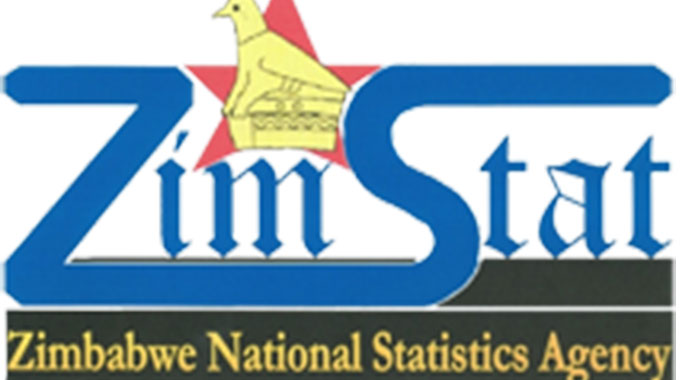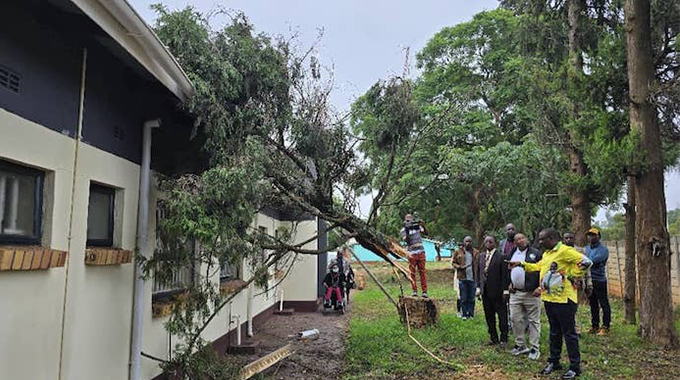Government terminates six road contracts

Patrick Chitumba, Midlands Bureau Chief
GOVERNMENT has terminated contracts for six local contractors who have failed to deliver under the Emergency Road Rehabilitation Programme phase two (ERRP 2) in the Midlands Province.
The objectives of ERRP 2 are to improve the road network, which was extensively damaged during the rainy season, and to harness the potential of the transport system in promoting economic growth.
Under the Infrastructure, Utilities and Digital Economy cluster, Zimbabwe’s economic blueprint, the National Development Strategy (NDS1) prioritises completion of road rehabilitation projects.
NDS1 notes that “a road can become an economy” and in this regard, focus will be on development of feeder roads into communities as a way of developing underdeveloped remote areas.
The works being carried out on the roads fall into the following categories: rehabilitation and construction; reseals re-gravelling; spot re-gravelling; grading; drainage structures repair and construction; wash-away and gulley reclamation; erosion works and drains; verge clearing; and pothole patching.
Besides upgrading roads, the Second Republic has embarked on many other infrastructural projects aimed at stimulating the economy in line with the drive to attain an upper middle-income society by 2030.
In the Midlands Province, contracts for companies that have failed to deliver in rolling out road works have been terminated.
In an interview, Midlands provincial roads engineer, Denis Mupfurira confirmed the cancellation of contracts awarded to six local contractors for failing to do road rehabilitation works.
Some of the contractors stand accused of failing to submit basic paperwork such as road designs which require Government approval.
Eng Mupfurira said he was not at liberty to name the companies in question because of contractual obligations, but said one of the companies is Transit Homes Contractors that allegedly failed to come up with a design for the project for the planned US$7 million Boterekwa Escarpment road dualisation project.
The Boterekwa escarpment — an international passage for trade and tourism in Shurugwi — was set for a major facelift from June last year when Government approved the project.
However, 10 months after the proposed dualisation, only signage from the Ministry of Transport and Infrastructure Development indicating the name of the project remains on site.
The dualisation of the 8-kilometre descent on this narrow and meandering pass aptly called Boterekwa (meandering) or the Wolfshall Pass was expected to start in June and was going to bring relief to motorists.
“Government has cancelled six local contractors who have failed to deliver under the Emergency Road Rehabilitation Programme phase two (ERRP 2) in the Midlands Province. These include Transit Homes Contractors that allegedly failed to come up with a design for the project for the planned US$7 million Boterekwa escarpment road dualisation project. The others I can’t name because of contractual obligations. Some are fighting the decision to cancel them,” he said.
“In the Midlands Province there are scores of local contractors who tendered for projects under ERRP 2 and a lot are now failing to start or complete the projects because some undercharged or failed to come up with proper budgets just to get the tenders from Government. Now reality is setting in and they have no funds to start or complete the projects.”
Eng Mupfurira said Government was now re-tendering so the ERRF 2 programme is not affected.
“From now henceforth, anyone with a project that is behind schedule or has failed to complete won’t be considered for future projects. The companies whose contracts have been terminated include those who had agreements for the dualisation of the Boterekwa road and the Lower Gweru Road which connects Gweru to Crossroads Centre.
“Some of the contractors stand accused of failing to submit basic paperwork such as road designs which require Government approval,” he said.
He said Government has since put in place a policy where companies who fail to meet their contractual agreements will be blacklisted and face penalties for costs incurred.












Comments